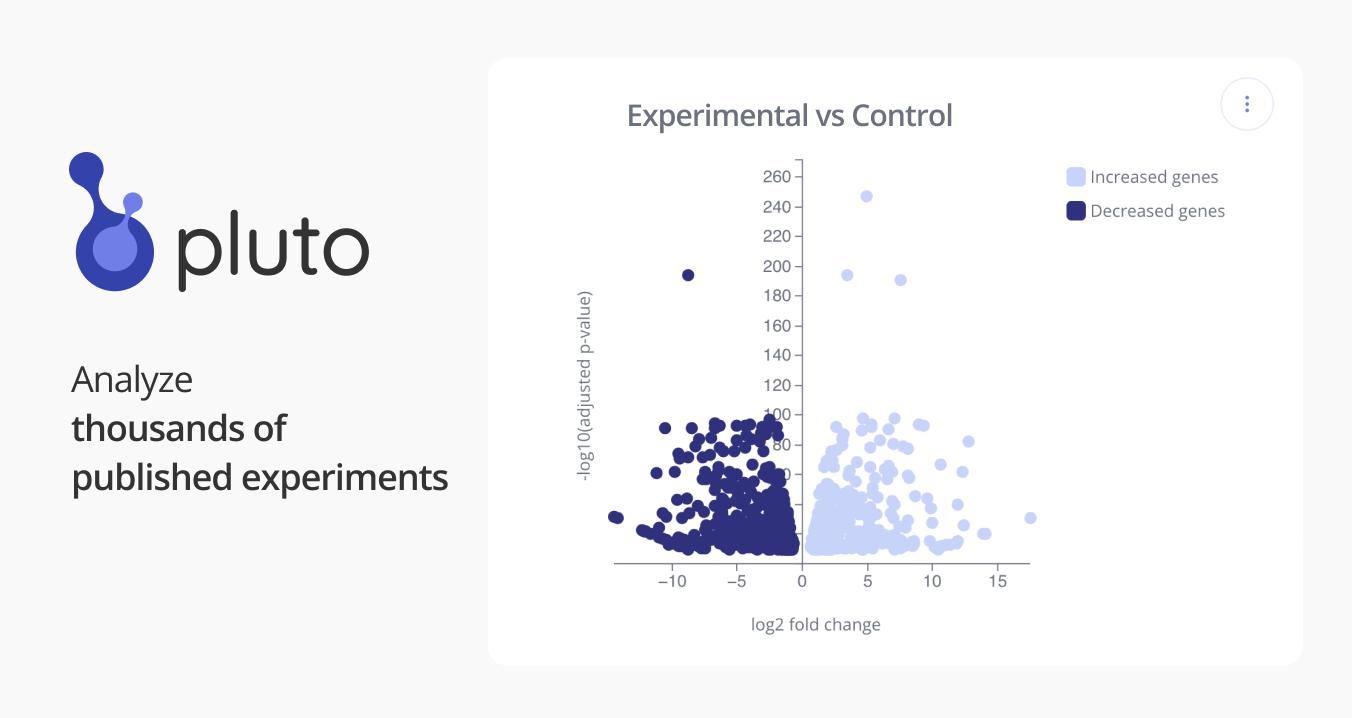Pluto Bioinformatics
GSE86209: Hhex regulates HSC self-renewal and stress hematopoiesis via repression of Cdkn2a
Bulk RNA sequencing
The Hematopoietically-expressed homeobox transcription factor (Hhex) is important for the maturation of definitive hematopoietic progenitors and B-cells during development. We have recently shown that in adult hematopoiesis, Hhex is dispensable for maintenance of hematopoietic stem cells (HSCs) and myeloid lineages but essential for the commitment of Common Lymphoid Progenitors (CLPs) to lymphoid lineages. However, whether Hhex plays a role in HSC self-renewal and myeloid expansion during hematopoietic stress is unknown. Here we show that during serial bone marrow transplantation, Hhex-deleted HSCs are progressively lost, revealing an intrinsic defect in HSC self-renewal. Moreover, Hhex-deleted mice show markedly impaired hematopoietic recovery following myeloablation. In vitro, Hhex-null blast colonies were incapable of replating, implying a specific requirement for Hhex in immature hematopoietic progenitors. Transcriptome analysis of Hhex-null Lin-Sca+Kit+ (LSK) cells showed that Hhex deletion leads to the deregulation of Polycomb Repressive Complex 2 (PRC2) target genes, including an upregulation of Cdkn2a locus, encoding the cell cycle repressors p16Ink4a and p19Arf. Indeed, loss of Cdkn2a restored Hhex-null blast colony replating in vitro, as well as hematopoietic reconstitution following myeloablation in vivo. Thus, HSCs require Hhex to repress Cdkn2a to enable continued self-renewal and response to hematopoietic stress. SOURCE: Wei Shi (shi@wehi.edu.au) - The Walter and Eliza Hall Institute of Medical Research
